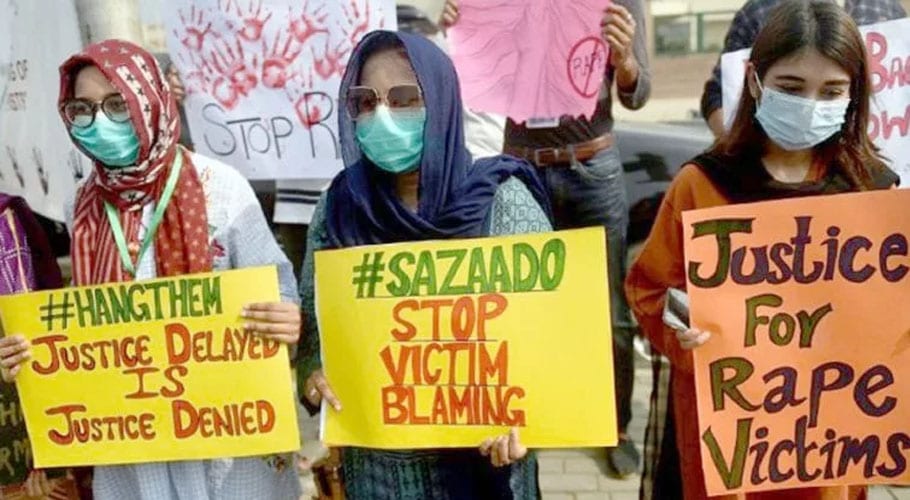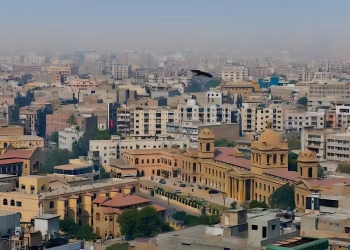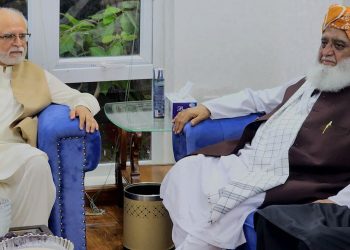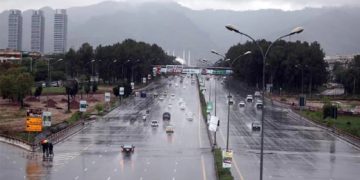Sexual violence against women and children is on the rise in the country with several cases reported on a daily basis. Pakistan is considered an Islamic country yet all sorts of crimes and malpractices from murders, robbery, sexual crimes and child molestation are out of control.
There have been several innumerable cases of violence against women and children regularly. However, the gang-rape of a woman, who was stripped of her honor on the Punjab Sialkot Motorway, is among the different high-profile and most-publicized cases in the country that have drawn immense national and international attention.
Consequently, new debates regarding the laws against rape have erupted for the chemical castration of rapists. Pakistan has all sorts of laws but it requires implementation and structural reforms to bring eradicate this menace from society.
What is chemical castration?
Chemical castration is the use of “anaphrodisiac” drugs to lower sexual desire and libido, with minimum treatment lasting three to five years.
It has been trialled in Sweden, Denmark and Canada with evidence from Scandinavia suggesting it can cut re-offending rates from 40% to 5 percent. It is unlike surgical castration, which involves the removal of genitals, and sterilization in that treatment must be continuous.
Chemical castration law for rapists approved
In order to curb the growing incidence of sexual violence against women and children in the country, the federal cabinet has approved a draft law that aims to give strict punishments, including chemical castration, to sex offenders.
The decision was made during a federal cabinet meeting wherein the law ministry presented a draft of the anti-rape ordinance. The draft includes increasing women’s role in policing, fast-tracking rape cases and witness protection.
Regarding this, PM Imran stressed that this was a serious matter and there should be no delay in implementing the law in order to create a safe environment in the country.
The premier further said that the legislation would be clear and transparent with strict enforcement. The rape survivors will be able to register complaints without fear and the government will protect their identity.
Religious differences
Religious scholars have strongly objected to the law suggested for rapists. Renowned religious scholar Mufti Muneeb-ur-Rehman termed the ordinance as unconstitutional.
Mufti Muneeb-ur-Rehman says that to make the rapist impotent is to fight Allah and His Prophet Muhammad (PBUH). He said the implementation of Islamic law in the country will end sexual crimes.
Existing laws against sexual violence
Article 25 of the 1973 constitution of Pakistan states: “All citizens are equal before the law and are entitled to equal protection of the law. There shall be no discrimination on the basis of sex. Nothing in this Article shall prevent the State from making any special provision for the protection of women and children.
Article 23 states every citizen shall have the right to acquire, hold and dispose of the property in any part of Pakistan, subject to the Constitution and any reasonable restrictions imposed by law in the public interest.
The Prevention of Anti Women Practices Act 2011 states: “Whoever by deceitful or, illegal means deprive any woman from inheriting any movable or immovable property at the time of opening of succession shall be punished with imprisonment for either description for a term which may extend to ten years but not be less than five years or with a fine of one million rupees or both.”
Despite legal powers, the state has failed to defend the lives and dignity of young girls and women and provide them swift justice.
Reforms in the police, judicial systems crucial
Ending all forms of discrimination against women is not only a basic human right, but it also has a multiplier effect across all other development areas.
Instead of coming with temporary solution solutions to appease the nation and tall claims, the authorities require eradicating the root cause of rape and sexual violence in the country.
In several countries, chemical castration failed to treat the social foundation of the incident against women and children. The countries still reports severe rape incidents at high rates. It must also be noted that the conviction rate in rape cases is abysmal low – less than 5 percent. The clogged judicial system needs reformation and should expedite such cases.
Often sloppy police investigation turns the case in the favour of the rapist and the victim is forced to reconcile with them. There should be severe sentences and speedy justice in sexual violence cases.
What is needed now is for the nation, regardless of race, caste or creed, to unite and speak out against these incidents, and to put an end to sexual predators, as well as a lesson to their facilitators and supporters.
It is also crucial that we must build a society where the police, judicial systems as well as crime laws protect us and we can live and move around safely.



































